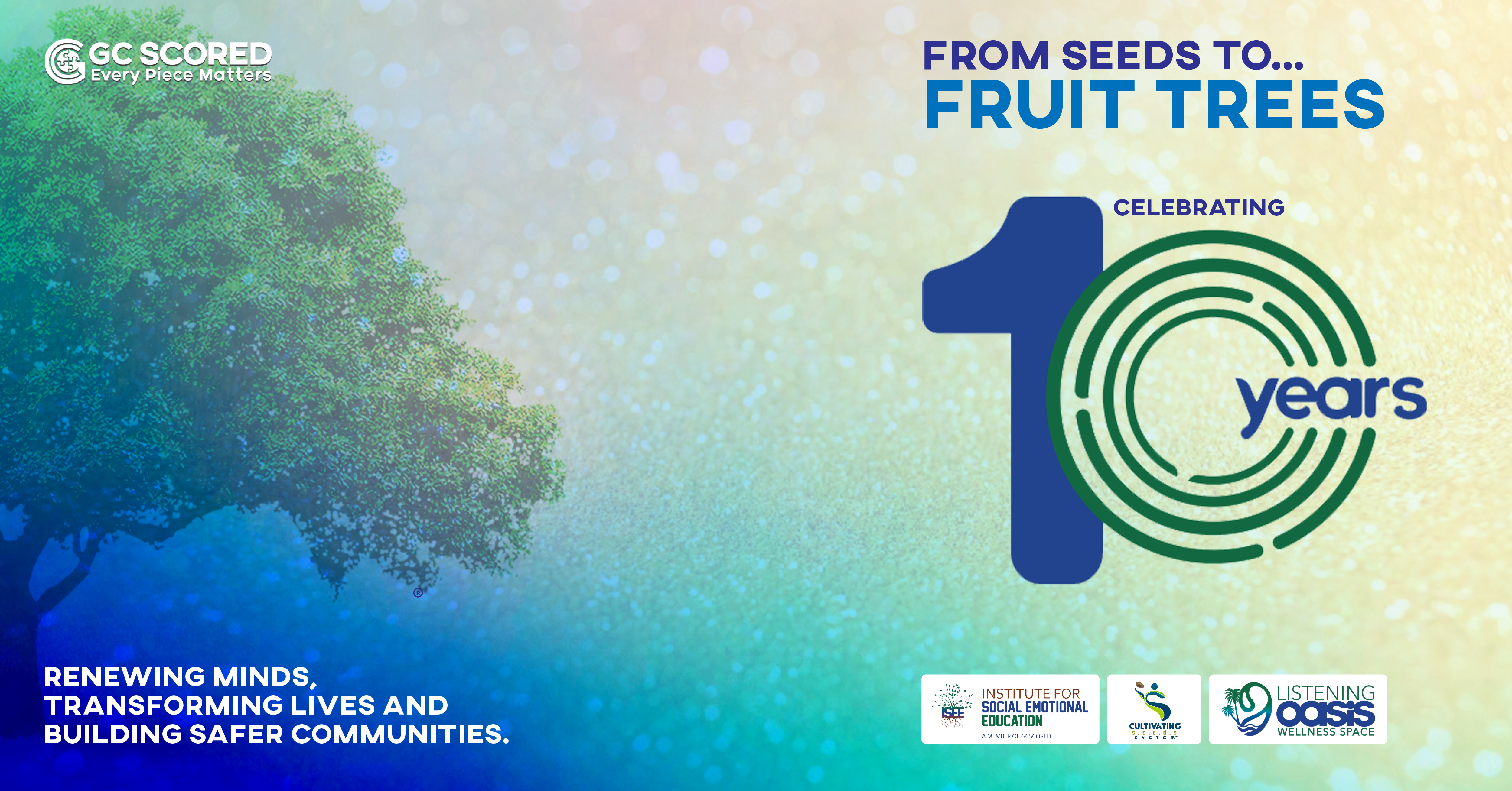
IS THE CSS FRAMEWORK® RESEARCH-BASED?

Is the CSS FRAMEWORK®
RESEARCH-BASED?
The Cultivating SEEDS System Framework® (CSS®) is a research-based mental health framework that uses the acronym SEEDS which stand for Social Emotional Education in Diverse Settings.The CSS framework® takes a holistic approach to promoting mental well-being, recognizing that relationship cultivation skills are an important aspect of overall mental wellness. By providing mental health education and wellness support in a de-stigmatized and de-mystified, culturally responsive manner, individuals can build a strong foundation for lasting mental health and wellness.
A Formal Introduction to the
RESEARCH-BASED CSS FRAMEWORK®
If you’re not familiar with mental health frameworks, you might be wondering what “research-based” means. Simply put, it means that the framework has been tested and proven effective through scientific research. In the case of the CSS Framework®, this research has shown that it can effectively improve relationship cultivation skills in a variety of settings, including homes, schools, communities, organizations, and businesses.
Who needs Research-Based
MENTAL HEALTH FRAMEWORK?
So why is it important for a mental health framework to be research-based? The answer is simple: it ensures that the strategies and interventions being used are grounded in evidence, rather than being based on personal opinions or untested theories. In other words, a research-based framework is more likely to produce reliable and consistent results. By relying on evidence and proven effectiveness, we can be confident that the interventions and supports we are providing are actually making a difference in people’s lives.
Additionally, using a research-based approach helps to ensure that our efforts are based on best practices and not just personal beliefs or biases.The CSS Framework® is based on a wealth of research on mental health, life span development, ecological systems theory, multicultural counseling, social justice counseling and cognitive behavior therapy amongst other theories. It has been shown to be effective in promoting positive mental health outcomes. It is designed to be accessible and easy to understand, making it a useful tool for individuals of all ages, races, stages, backgrounds and statuses looking to improve their mental well-being and for mental health professionals, educators, business leaders, religious leaders, and anyone else looking to provide support others.
What do the
EXPERTS SAY?
But don’t just take our word for it – the effectiveness of the CSS Framework® has been demonstrated through a number of research studies. For example, a study conducted in a school setting found that implementing the CSS Framework® led to significant improvements in students’ social and emotional skills, as well as reductions in disruptive behaviors and absenteeism.
But what makes the CSS Framework® unique? One key aspect is its focus on relationship cultivation skills education, equipping and empowerment. This means that the framework not only helps individuals improve their mental health, but also teaches them the skills they need to navigate social situations and build healthy relationships. This is especially important for children and adolescents, who are still developing their social and emotional skills. It also focuses on prevention and early intervention. Rather than waiting until someone is in crisis to offer support, the CSS Framework® encourages proactive efforts to promote mental health and well-being for all individuals in diverse settings, locally and globally.
SUMMARY
Overall, the CSS Framework® is a valuable resource for anyone interested in improving their relationships with themselves and others and building a strong foundation for lasting mental wellness. It is a research-based approach that is easy to understand and implement, and it offers a holistic, de-stigmatized, de-mystified, culturally responsive approach to promoting mental well-being that takes into account the many different factors that can impact our mental health.
WORKS CITED:
Larrier, Y., Allen, M., Edwards-Joseph, A., Fleming, G., & Kelleybrew, V. (2022). The RUMERTIME Process as a Protective Factor in School Attendance Problems. Continuity in Education, 3(1), 41–57.DOI: https://doi.org/10.5334/cie.40
Larrier, Y., Allen, M.D., Edwards-Joseph, A., Fleming, G., & Kelleybrew, V. (2022). An Exploratory Study of the Cultivating SEEDS System: A Framework to Increase Global Mental Health Resources. Journal of Education and Social Policy. DOI: 10.30845/jesp.v9n2p10.URL: http://dx.doi.org/10.30845/jesp.v9n2p10
Larrier, Y., Allen, M., & Larrier, I. (2017). The Cultivating Seeds System™(CSS™): A potential framework to increase mental health resources. Global Engagement and Transformation, 1(1).
CONTACT INFORMATION
For more information on the CSS Framework® email its creator, Dr. Yvonne Larrier at ylarrier@gcscored.org
And visit our website at www.everypiecematters.com


